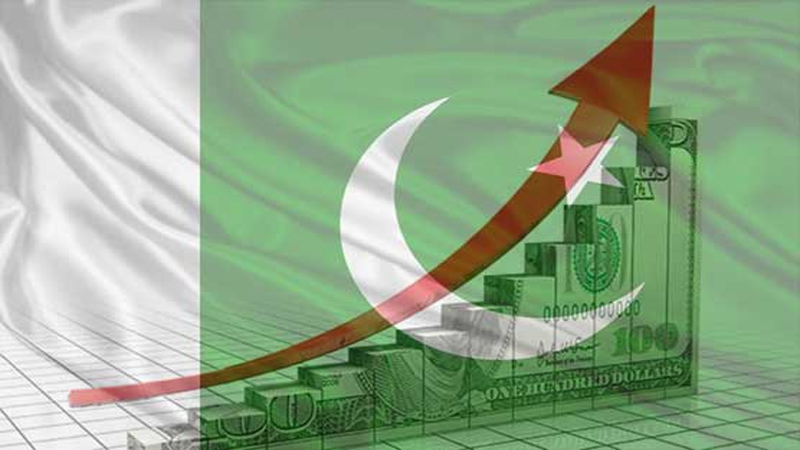The federal government is set to unveil the Economic Survey of Pakistan 2023-24, a crucial pre-budget document detailing the major socio-economic achievements of the outgoing fiscal year, today at 5:30 PM (Tuesday).
Finance Minister Muhammad Aurangzeb will present the document in the National Assembly, as announced by the finance ministry. This survey precedes the federal budget for the fiscal year 2024-25, scheduled for presentation on June 12 (Wednesday).
The Pakistan Muslim League-Nawaz (PML-N) led coalition government is expected to outline ambitious fiscal targets in the upcoming budget, aiming to fortify its position for securing a new bailout deal with the International Monetary Fund (IMF), according to officials and analysts.
Faced with severe financial constraints and reductions in development funding under the IMF program, the Annual Plan Coordination Committee (APCC) has recommended a development program allocation of Rs1,221 billion at the federal level for the financial year 2024-25.
This will be the first budget presented by the current government. Amid efforts to secure a substantial loan program to avoid default, the IMF has urged Pakistan to increase provincial taxes, including those on agriculture, sales tax on services, and property tax.
Pakistan is negotiating with the IMF for a loan estimated between $6 billion to $8 billion to prevent default, with the country’s economy currently experiencing the slowest growth rate in the region.
“The budget holds critical significance for Pakistan’s IMF program and must close the gap between our revenue collection and total expenditure; it is thus likely to be contractionary,” commented Ali Hasanain, an associate professor of economics at the Lahore University of Management Sciences.
Last summer, Pakistan narrowly avoided default with the help of a short-term $3 billion IMF bailout over nine months. While fiscal and external deficits have been controlled, it has led to a steep decline in growth and industrial activity, along with high inflation, which averaged nearly 30% in the past financial year and 24.52% over the last 11 months.
The growth target for the upcoming year is expected to be set at 3.6%, an improvement from this year’s 2% and the economic contraction of the previous year.
Prime Minister Shehbaz Sharif has committed publicly to implementing tough reforms since his election in February, but rising prices, unemployment, and a lack of new job opportunities have placed significant political pressure on his coalition government.
Another focal point of the budget will be the targets for proceeds from privatization. Pakistan aims to make its first significant sale in nearly two decades by divesting a stake in its national airline, marking the beginning of a series of sales of loss-making entities, particularly in the struggling power sector.











Leave a Reply